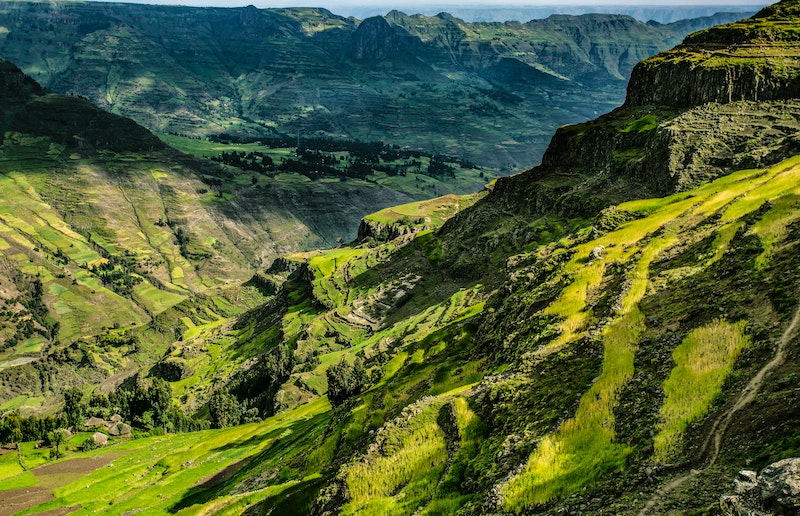Each year the World Tourism Organisation publishes a list of the finest, most-sustainable and most intriguing small settlements to visit across the globe In 2022, a total of 32 villages from 18 countries across the five world regions were awarded the recognition. The accolade recognizes rural destinations that are embracing tourism as a driver of development and new opportunities for jobs and income, while preserving and promoting community-based values and products. The initiative also recognizes villages for their commitment to innovation and sustainability in all its aspects – economic, social and environmental – and a focus on developing tourism in line with the Sustainable Development Goals (SDGs).
A total of 136 villages were put forward for consideration by 57 UNWTO Member States (each Member State could nominate a maximum of three villages) for the 2022 edition. From these, 32 were recognized as Best Tourism Villages by UNWTO.
A further 20 villages will enter the Upgrade Programme. All 52 villages will also become part of the UNWTO Best Tourism Villages Global Network created in 2021 which from this date gathers 115 villages from the five continents. The Network provides a number of benefits including onsite and online training, sharing of good practices and international brand recognition and awareness.
The ‘Best Tourism Villages by UNWTO’: Recognizes villages that are an outstanding example of a rural tourism destination with accredited cultural and natural assets, that preserve and promote rural and community-based values, products, and lifestyle and have a clear commitment to innovation and sustainability in all its aspects – economic, social and environmental. Choke Mountains Ecovillage, Ethiopia came in at number 11.
Choke Mountain is the third highest mountain in Ethiopia, located 300 km northwest of the capital, Addis Ababa. This ecotourism village has developed sustainable land management and is promoting solar energy, biogas and waste management. The local farming community in this village lives in harmony by adapting the ideology of Mulu ecovillage which promotes fair trade tourism, sustainable tourism development, sustainable culture and nature conservation. Additionally, the village aims to establish a strong community-based tourism approach by coordinating and hosting regular community events.
The village people have the knowledge and equipment to produce a range of natural goods including honey, beer, medicinal herbs, vegetables, coffee etc. for the locals, tourism providers, and visitors.
SOURCE: World Tourism Organization (UNWTO).

